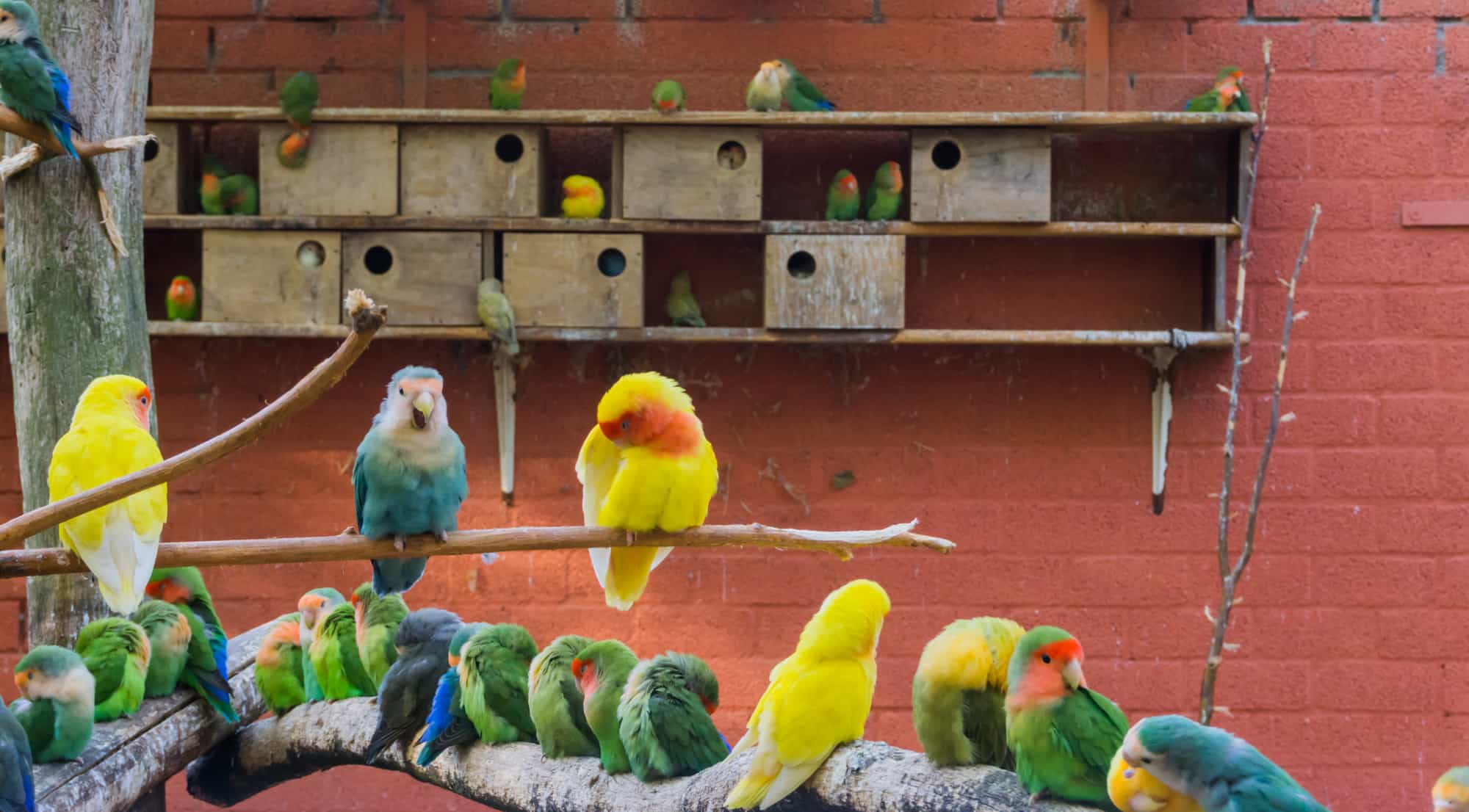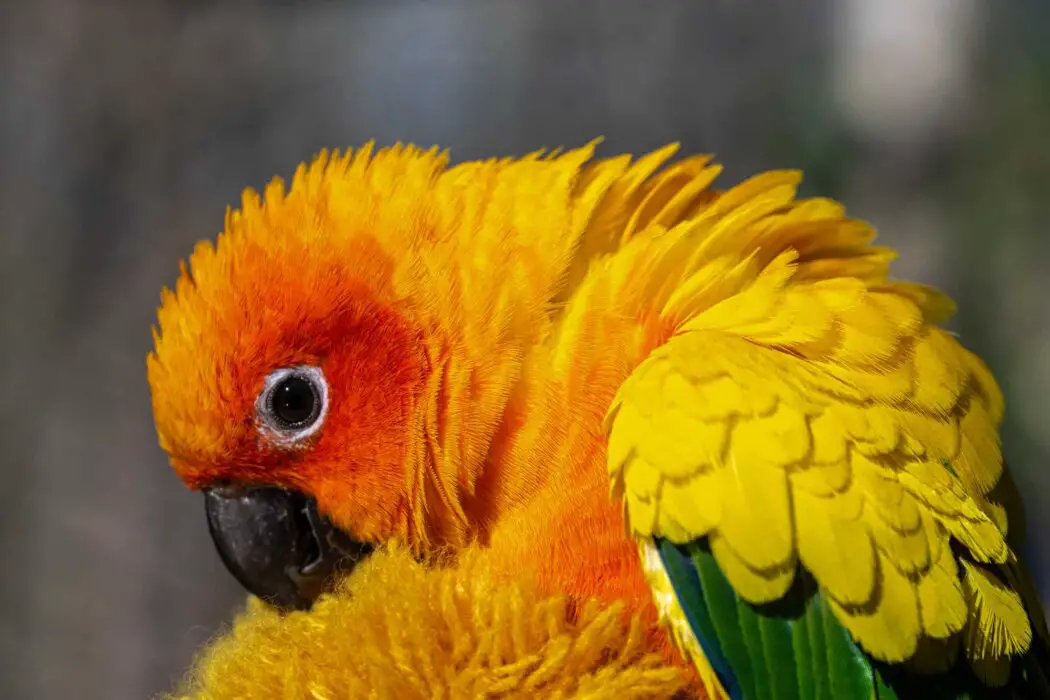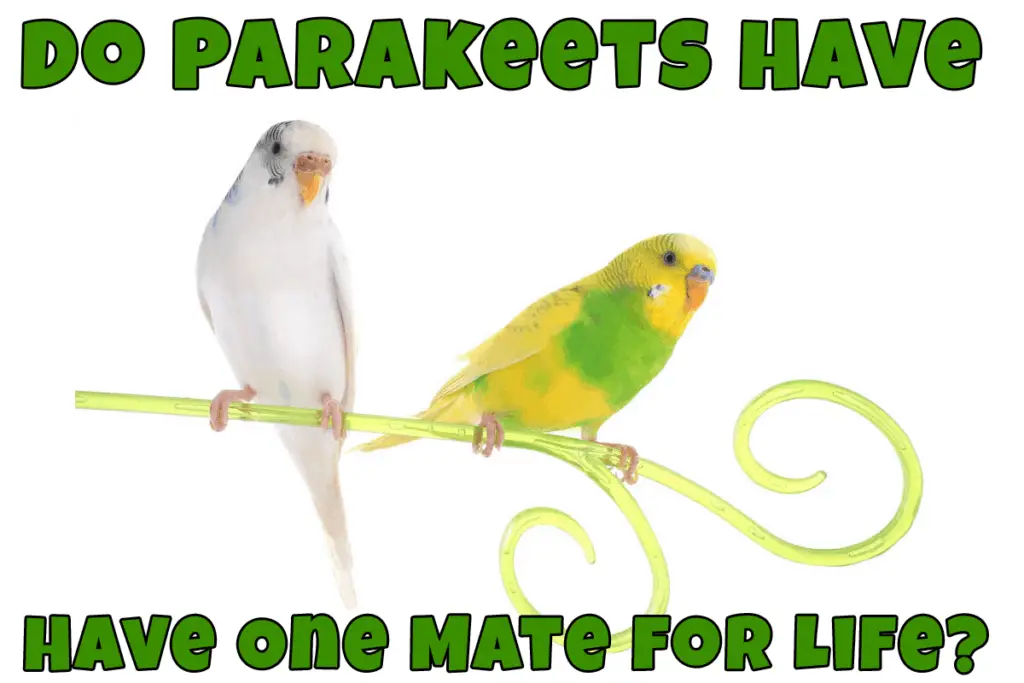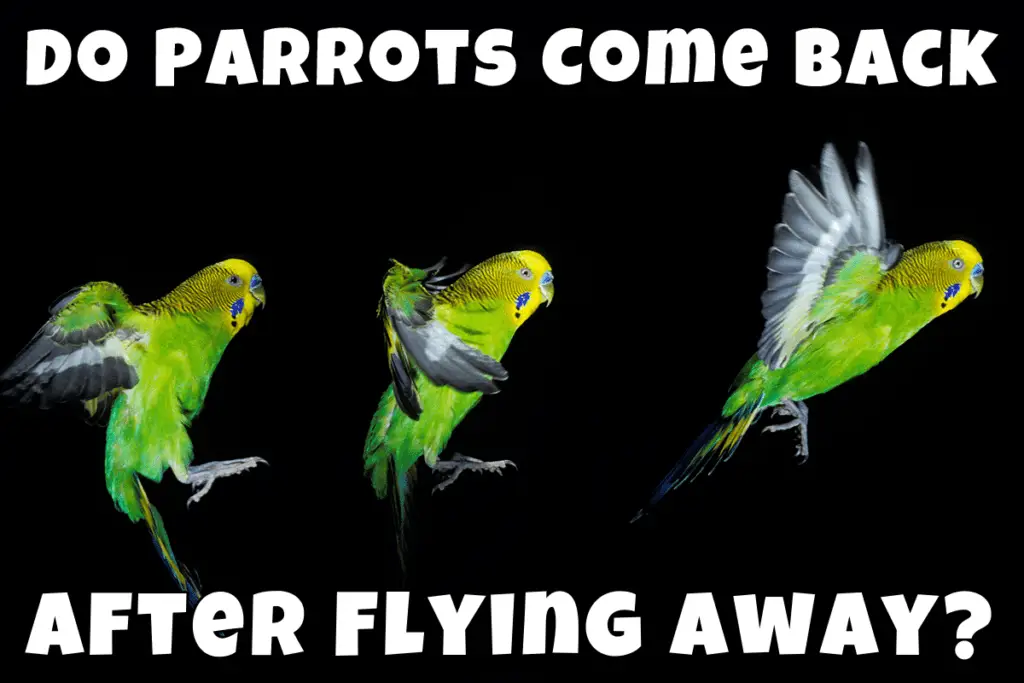One of my friends has gotten a young conure as a pet. Recently the bird started to show behavior changes, so my friend wondered what could cause such behavior.
While many reasons come to my mind, the one seemed most obvious – her conure goes through the hormonal change related to puberty.
Like humans, parrots also have a puberty period that goes with observable behavior and temperament changes. So parrots can act like the usual teenagers.
With that in mind, let’s research when do conures go through puberty?
Traditionally these parrots experience puberty when they are 1 or 2 years old. This timeframe can slightly vary because each parrot is a unique bird. They can demonstrate aggressive behavior during this period and be more reactive as usual. This is a result of hormonal changes, just like It happens with humans. Such change is a temporary issue; their behavior goes back to normal as they grow up.
To live through this period, you have to be patient. Even if puberty takes much time, you won’t like to teach your bad parrot habits accidentally. So during the puberty period, you should manage the parrot’s behavior properly.
Read on if you want to learn how to handle the parrot during its puberty period. With proper care, this period won’t cause any harm to your lovely feathered friend.
Signs Your Parrot Is Pregnant: Don’t Worry, Be Ready!
How Long Does a Conure’s Puberty Last?
If you notice that your pet is acting out becomes territorial and more aggressive than usual, this can be signs of the parrot going through puberty. So what you need to do is check their age first. If your parrot is 1-2 years old – congratulations, your bird is becoming an adult.
The next question that comes into mind is how long will this period last? The answer will be it depends on each bird.
Every bird has its own peculiarities and characteristics. There is no definite length of the puberty period. Depending on the bird, this can last from several months to even a year.
It may seem endless for you, but remember that these puberty changes won’t last forever. So keep calm and provide your bird with proper care and enough physical activity during this growth period.
What Are the Signs of Puberty in Conures?

The most common signs of puberty are changes in parrot behavior and temperament. Also, they may demonstrate sudden mood changes and be more aggressive than usual.
This can go from somewhat baffling to absolutely hazardous, so it’s critical to know your bird’s propensities and how they convey.
Their behavior may become more territorial in the cage; they may scream more and unpredictably react and bite the owner.
Your bird might attempt to affirm strength as it would in a wild flock, causing struggle when you (a human) don’t react as the bird would.
Also, they can rub the cage and any other birds present in the household. You should watch out for mating behavior as well. It includes showing feathers and strutting. All these are signs of hormonal change in your pet.
How Long Do Pineapple Conures Live?
How Do I Handle a Conure Going Through Puberty?
Conures will act like teenagers and experience significant swings in mood during puberty. Therefore, handling a parrot in puberty will require a different routine and new measures to be taken.
The bird begins to try and dominate the owner. To deal with this, you should reassert your authority by putting gently but strongly the boundaries in your communication with the parrot.
One of the simple ways to assert and keep your dominance is to be taller than the pet. When you interact with the conure, keep it at your eye level and don’t allow it to sit on your shoulder.
If the bird starts biting and becomes more aggressive – be more careful. Don’t yell or hit the parrots, but make sure you are safe. For example, you may use a special glove or teach your bird to step on a stick instead of your finger.
Try not to allow play bites as when the parrot grows, the bites can become stronger. So be sure you don’t teach your bird that biting is ok even if you play.
Anything that you do, don’t startle your bird.
While you should stay sure about your prevailing situation in the “flock”, a terrified bird will rapidly learn not to trust you.
That is an example that will endure past pubescence.
Regardless of how baffling they might be, consistently abstain from hollering, pounding, orsplashing your parrot.
A firm “no” and putting them back in their enclosure is generally a superior reaction that will show them abilities as opposed to fear.
One more component toremember is their current circumstance.
They will encounter huge changes and should have their very own protected spot.
It is fit as a fiddlefor your conure to lay out their enclosure and domain insofar as this doesn’t turn into a threat to you or different birds.
How Often Conures Lay Eggs? Breeder’s Guide
Make a point to furnish them with heaps of toys and exercises. They will be additional dynamic during this time, so help your conure out by ensuring their current circumstance is supplied with diversion. They should likewise be given bunches of time to work out.
A functioning, engaged conure will be considerably more charming for everybody in the home.
Can They Experience Hormonal Changes at Other Stages in Life?

The answer is Yes. Your conure can undergo hormonal changes other times as well. For example, breeding season.
Although you should not worry because such periods as less intense and won’t last long.
Conure reproducing season comes around in early spring.
Assuming you notice your more established bird misbehaving around February or March, this could be the reason.
In any case, numerous proprietors report that there is no significant change. Once more, it will all boil down to the singular bird.
Are Male Or Female Parrots Better? How to Choose the Right One
If you are stressed over dealing with the pubescence stage, recall that we’ve all experienced it.
Your bird’s pre-adulthood might accompany numerous highs and lows; however, contributing time with your bird will be justified over the long haul!
A thoroughly prepared, polite grown-up conure will be on the opposite side of all the emotional episodes and hissy fits.


